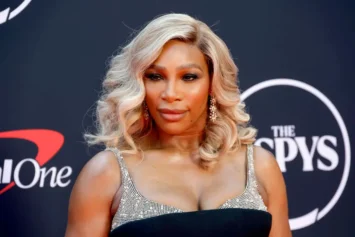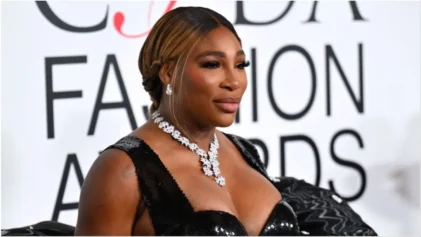
That the No. 1 tennis player in the world and most dominant athlete on the planet has lifted her embargo on a place where, as a teenager, she and her family were laden with racial slurs, speaks to a forgiving heart. But it would have been perfectly fine if she elected, like sister Venus has, to stay away for good.
A few things got Serena back to Indian Wells. But first, here’s why she had not returned since 2001: Venus pulled out of a match because she was not feeling well, and the tournament officials announced it 10 minutes before she was to compete.
That was enough to set off accusations of Venus pulling out so Serena could win, to the kind of racial insults that dig deep. The spectators cheered loudly when Serena, playing for the championship 125 miles from where she grew up in California, hit an errant shot — something totally against tennis etiquette. Just as bad was the treatment her family received from the lily-white crowd.
“The false allegations — that our matches were fixed — hurt, cut and ripped into us deeply,” Serena wrote in Time magazine recently. “The undercurrent of racism was painful, confusing and unfair.”
Venus and their father, Richard Williams, were lustily booed as they made their way to their seats for the finals match to watch Serena.
Richard Williams being Richard Williams, he raised a clenched fist into the air, reminiscent of John Carlos’ and Tommie Smith’s silent protest during the 1968 Mexico City Olympic Games of U.S. injustices toward Blacks. Richard Williams recounted to USA Today: “One guy said, ‘I wish it was ’75, we’d skin you alive.’ I had trouble holding back tears. I think Indian Wells disgraced America.”
In his 2014 book, “Black and White: The Way I See It,” Richard Williams wrote: “It was a message from the past, one that America tries to put behind it but can never forget. It was a snapshot from the days when the open humiliation of the Black race was accepted without question. Accusations and racial epithets flew through the stadium.”
Serena still won. But the tournament and tennis lost bigger than her opponent Kim Clijsters because two of the game’s most dynamic talents were so deeply disturbed
by the racist behavior that they refused to return to the prestigious event, despite repeated overtures — but no apology — from tournament officials.
Now Serena is back, but smartly, on her own terms. She returned when she felt the need to, buoyed by the late South African President Nelson Mandela’s book, “The Long Walk to Freedom.”
“I read the book about two years ago,” she said. “That hit me hard because I met Mr. Mandela a couple of times and we had some interesting conversations. He made such an impact on my life, and then reading his story it really hit me in an interesting way.”
To her credit, she chose the Alabama-based Equal Justice Initiative as the organization to benefit from her presence in the tournament — her way of raising awareness about the history of lynchings, mass incarcerations, wrongful convictions and racial profiling among law enforcement, societal ailments that mostly impact Black people. This is so Williams family — they define who they are, not the media, not a tournament and not a racist crowd.
Playing again at a place that brought so much pain brings Serena to a different place in her life.
Playing there is “letting the whole world know that it doesn’t matter what you faced,” Serena said, “whether it’s something that hurt you or hurt your family, you can just come out and be strong and say I’m still going to survive and I’m still going to be the best person that I can be.”



